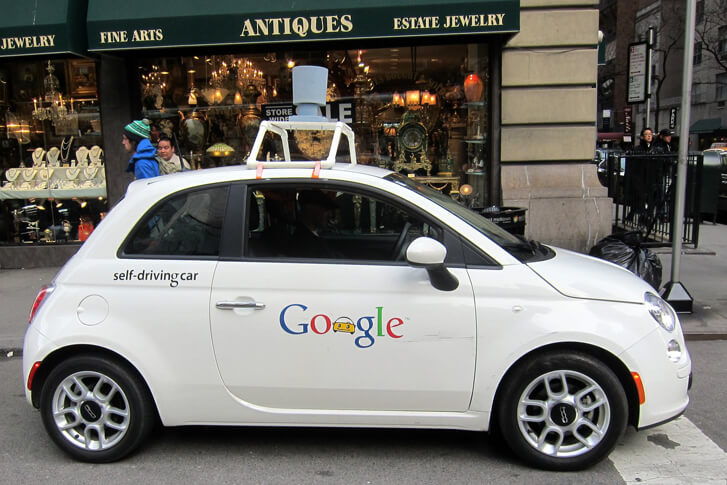
In six years of Google Inc. experimenting on autonomous cars only 11 traffic accidents with light damage have been reported. There were no injuries sustained by the victims.
Since September, California Department of Motor Vehicles has been notified of three incidents in which Google cars were involved.
All of the 11 accidents were minor with no injuries and light damage, Chris Urmson, director of Google’s project shared a web post. He further added that these cars covered almost about a million miles while in self-driving mode and not even once, any of these cars were the cause of the accident.
According to John Simpson, privacy project director of Consumer Watchdog, the ultimate goal Google has set for itself was that the car has no pedals or steering.
But that’s the one thing which makes people paranoia, they won’t be able to do a thing if something goes wrong. So people have a right to know what is going on in the driverless vehicle technology.
The 2014 Audi SQ5, the test vehicle for Delphi which is another company involved in tests, was broadsided by another car and moderately damaged while waiting on a curb to make a left turn. There are five companies who have the permits to conduct these autonomous vehicle tests and have 48 vehicles licensed to be tested on roads.
Google has the majority of autonomous vehicles and 23 Lexus are fitted with driverless technology. These vehicles have avoided accidents so many times but 11 times, they weren’t so lucky after all. Out of 11, eight accidents happened on city streets. The cause of these collisions was human error of course.
Safety is the chief selling point for any driverless car and if they are not safe enough, what would be the point of buying one. To make sure they serve their purpose well, multiple cameras, laser sensors and radars are fitted in for supreme accuracy and detailed understanding of the surroundings. These car just need to be programmed in such a way where they can learn from real life situations and respond accordingly.


